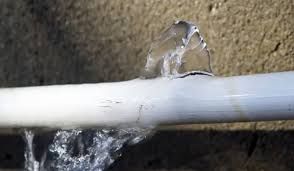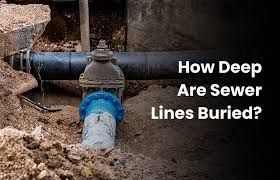Dangers and Causes of Hidden Water Leaks in the House
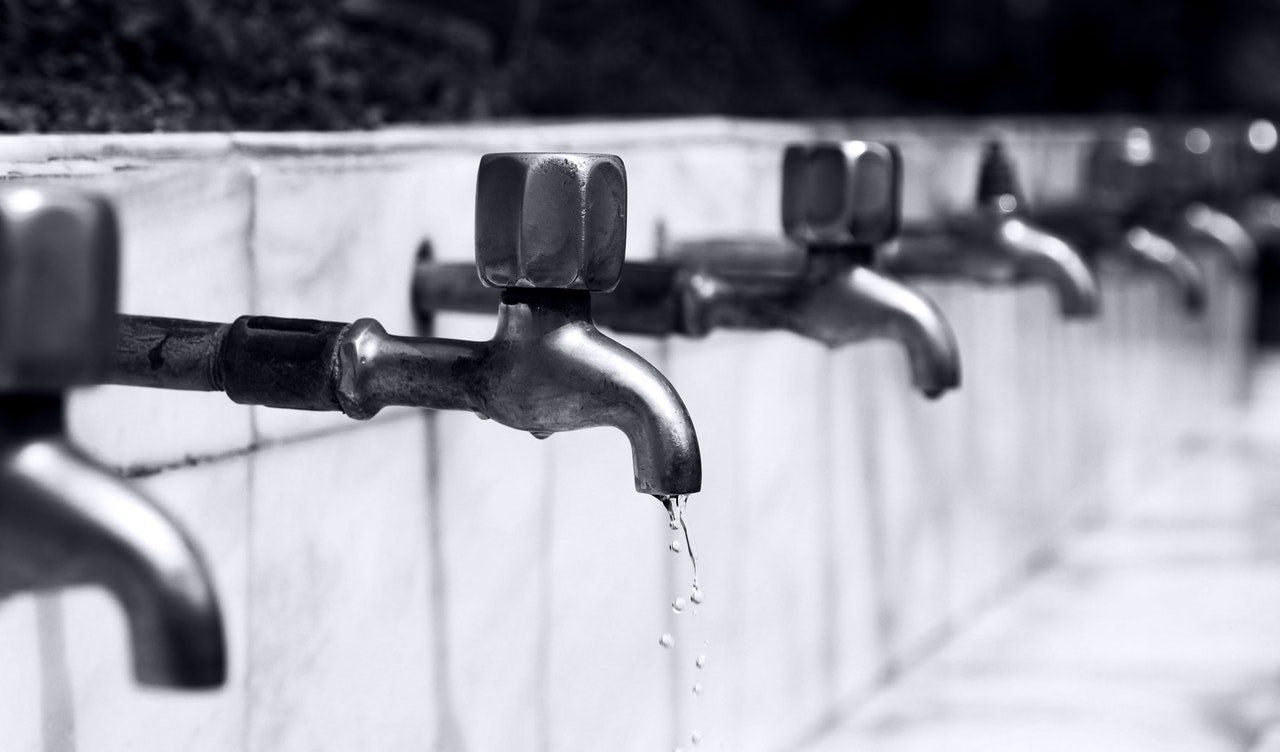
Hidden behind the structures of our house may be problems we don’t see developing over time. An excellent example of this is water leaks. To be straightforward, water pipes in your home should not leak, regardless of whether they are clean or dirty. Unrecognized leaks, for one, might cause considerable harm to your family and damage to your home. Thus, they are considered hazardous and must be remedied as soon as possible. Read on as we briefly discuss the dangers and causes of hidden water leaks in the house.
Dangers
Leaking pipes are not just inconvenient; they are also dangerous. Some of the risks connected with water leaks are as follows:
1. Mold and Fungi Overgrowth
Mold grows in damp environments. Mold and mildew will form if plumbing leaks fail to cure quickly enough, which is possible if they are covered. Mold and mildew may wreak havoc on your home’s structural components. Mold can have a negative impact on your family’s respiratory system.
2. Inflated Utility Invoices
Water and gas costs may be inflated due to hidden leaks. Water costs rise as a result of water that is not used. If your home’s humidity level is high, your air conditioner will have to work more to cool it.
3. Structure Error
The bulk of the materials used in a typical home are not moisture resistant. Water can corrode metals, destroy wood, and damage almost everything. Furthermore, if the leaks are disguised, the damage may accumulate and expand over time.
4. Infestation
Pests thrive in moist conditions. Moisture softens pest-friendly materials. If you have hidden water leaks in your home, you may quickly be infested by insects.
Causes
Your water pipes will not start leaking without any reason. And often, we don’t see where they come from until it’s too late. The following are some of the most prevalent causes of concealed water leaks:
1. Excessive Waterflow
Your plumbing system can tolerate only a certain amount of water pressure. The excessive water pressure causes seam leaks and the collapse of fragile pipe sections. It is possible that the water pressure in your plumbing system is excessively high owing to a misplaced regulator or a blocked pipe.
2. Repairs That Are Insufficient
Negligent repairs, especially do-it-yourself repairs, can wreak havoc on your plumbing and lead to leaks. A water pipe can be replaced but not properly tightened. Leaks can happen during any sort of repair, not only plumbing. Drilling holes in walls for electrical installations, for example, may harm internal water pipes.
3. Corrosion
Corrosion-resistant metal components are used in many plumbing systems. The anticorrosive treatments degrade with time, and the metal corrodes. Water leaks can occur when corroded pipes fracture, develop holes, or get displaced.
4. Wear and Tear
All plumbing materials degrade over time, making them prone to corrosion and leaks. Pipe connections degrade, and washers grow brittle over time. It’s harder to find hidden leaks in an old plumbing system.
5. Extremely Low Temperatures
Finally, during the winter, your water pipes may break or explode. Pipe cracks occur as ice (frozen water) expands during the freezing process. When water pressure is strong, even the smallest cracks expand and create leaks.
Conclusion
Home maintenance has never been an easy task. From cleaning to electrical issues and plumbing problems, it’s best practice to look into every detail of your home to avoid further disasters. Now that you’re well aware of the dangers and causes of hidden water leaks in the house, you must make it a point to accomplish regular inspections by professionals. This way, you get to keep your home in top shape as well as protect your family from the dangers of mold overgrowth, pest infestation, unstable structural damages, and more.
If you’re searching for reliable plumbing services in Birmingham, AL, look no further. All City Plumbers is the leading service provider in the area. We offer top-quality plumbing with flexible appointment times and even emergency services! From all types of repairs, we’ve got you covered. Call us now and get the job done!
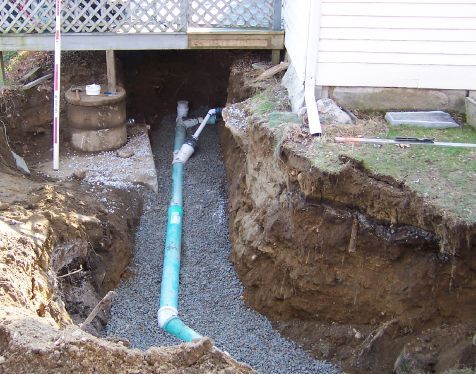
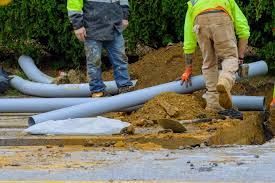
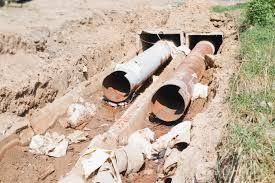
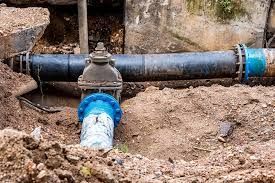

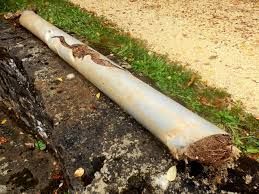
CONTACT INFORMATION
Office:
855-266-7682
Email:
service@AllCityPlumbers.com
Address: 6694 Oak Ridge Commerce Way, Austell, GA 30168
Business Hours:
Mon - Sun 24 Hours
OUR SERVICES
© 2022 All Rights Reserved|All City Plumbers Privacy Policy | Terms & Conditions | Sitemap

